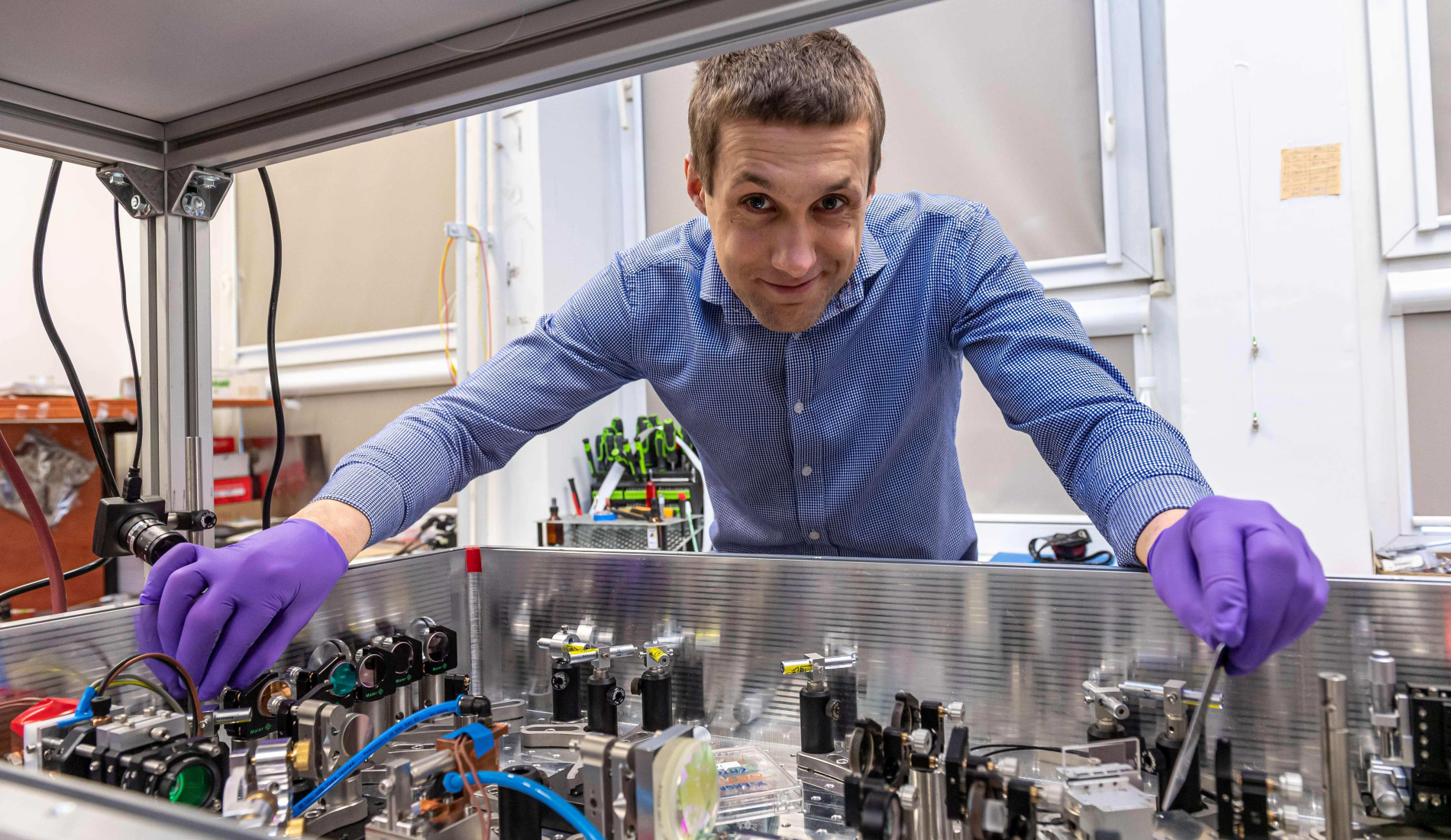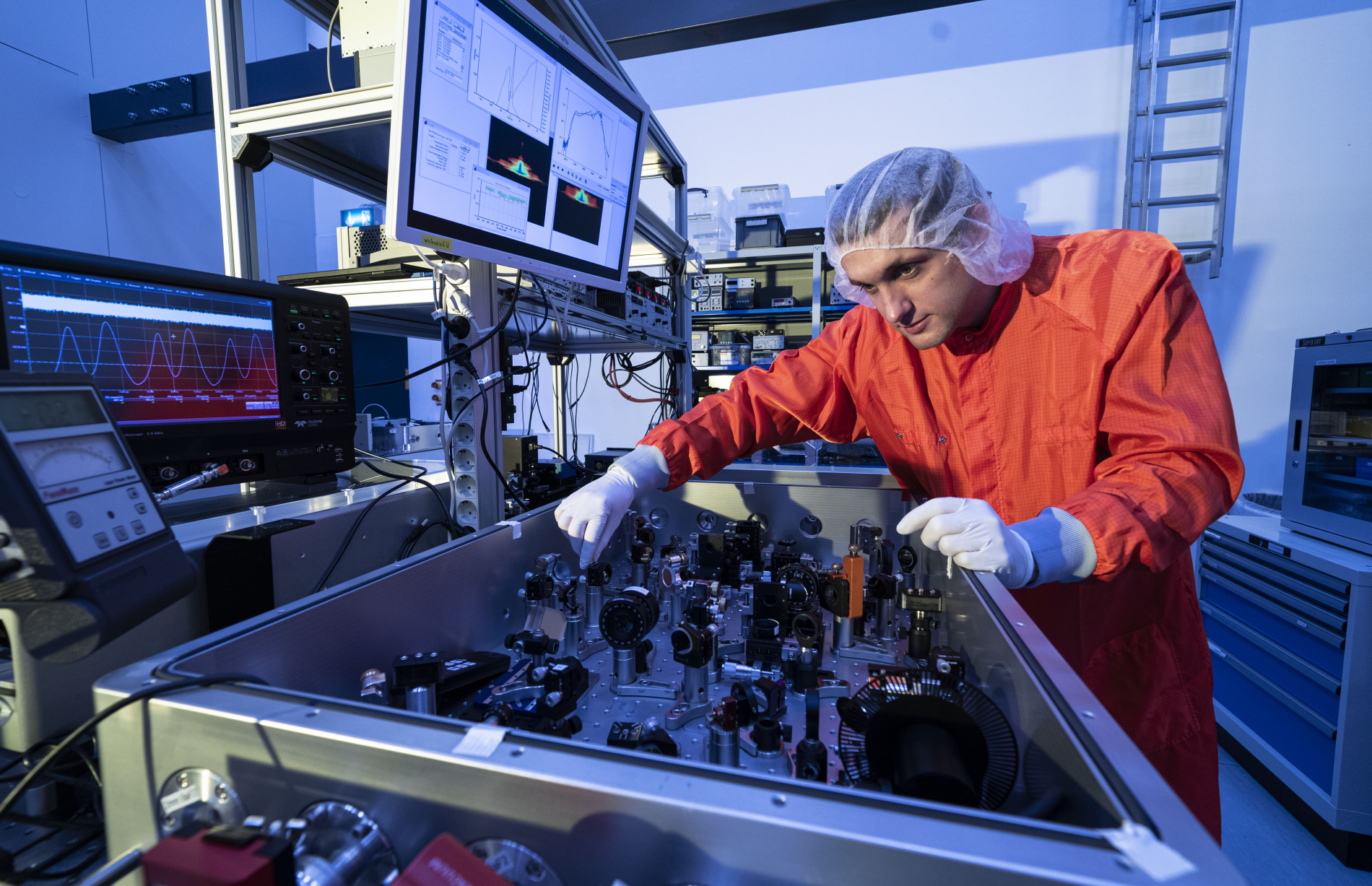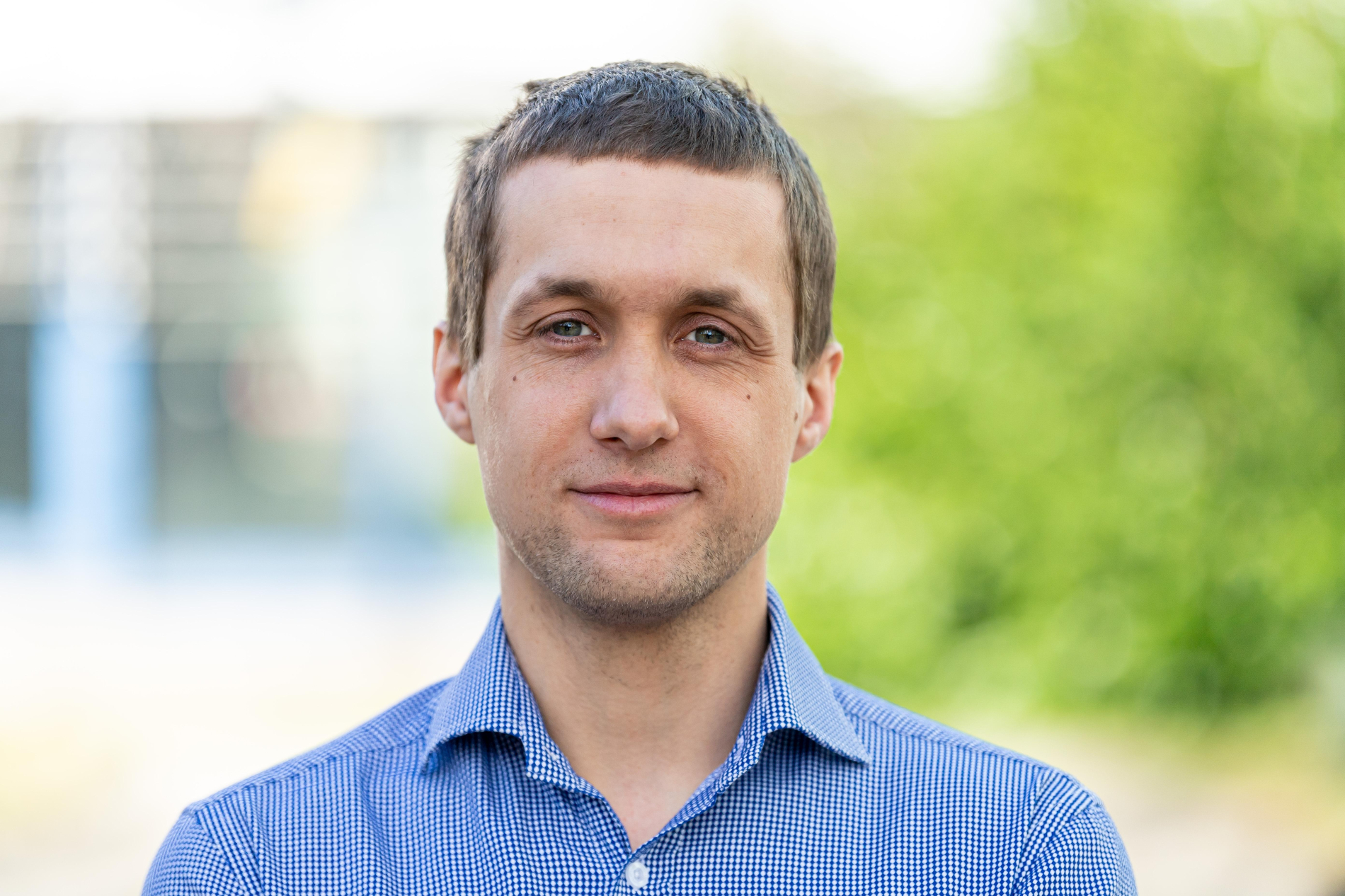YOUR BROWSER IS OUT-OF-DATE.
We have detected that you are using an outdated browser. Our service may not work properly for you. We recommend upgrading or switching to another browser.
Date: 20.03.2023 Category: science/research/innovation

Maciej Kowalczyk, PhD obtained his doctorate at Wroclaw Tech and then went on to work at Ludwig and Maximilian University in Munich. Now, thanks to a grant of over 1 million PLN awarded by NAWA (National Agency for Academic Exchange), he is returning to our university to begin research in the Department of Field Theory, Electronic Circuits and Optoelectronics at the Faculty of Electronics, Photonics and Microsystems.
The employment of Maciej Kowalczyk, PhD at Wrocław University of Science and Technology was possible because of a grant awarded under this year's NAWA Polish Returns competition programme. For years, the project has enabled outstanding Polish scientists to come back to Poland to work at Polish universities and research institutes.
Nine researchers are going to return to Poland from five countries in different parts of the world: the US, the UK, Switzerland, Israel, and Germany. All winners of the programme will receive funding, which consists of remuneration for the returnee, members of their project group, and the invitee. Moreover, a start-up grant to cover research costs in the first eighteen months also awaits the participants in the programme thanks to the cooperation of the National Agency for Academic Cooperation with the National Centre for Science and the National Centre for Research and Development.
This also applies to Maciej Kowalczyk, PhD, who went to Germany's Ludwig and Maximilian University in Munich after defending his doctorate in 2019 at Wroclaw Tech’s former Faculty of Electronics. The researcher will work at W12 on the project named “Ultrastable single-cycle mid-infrared laser sources”, which received funding of more than one million PLN.

Maciej Kowalczyk, PhD in a Laboratory for Extreme Photonics at Ludwig Maximilian University of Munich (photo Thorsten Naeser)
Maciej Kowalczyk, PhD was employed at the Department of Field Theory, Electronic Circuits and Optoelectronics at the former Faculty of Electronics from 2014 to 2019. Under the supervision of Professor of the University Jarosław Sotor, he pursued his doctoral thesis entitled “Generation of ultrashort laser pulses in the 1 μm spectral range using hybrid synchronisation of modes”. In August 2020, he embarked on a postdoctoral placement in the group headed by Prof. Ferenc Krausz in Garching, Germany.
During that time, he had close ties with three international institutions: Ludwig and Maximilian University in Munich, the Hungarian CMF institute (Center for Molecular Fingerprinting), and the Max-Planck-Institute for Quantum Optics in Garching. There, he conducted research on the generation of ultrashort laser pulses and the control of their electric field path.

The Polish Returns project will enable Maciej Kowalczyk, PhD to continue the research he started in Germany. As part of the three-year project, he will set up a new research group at Wroclaw Tech to be part of a team headed by Prof. Jaroslaw Sotor.
“We will focus on developing laser sources that generate highly stable pulses of light with a length of a single electric field oscillation in the mid-infrared spectral range (2 – 20 µm),” explains Maciej Kowalczyk, PhD. The researcher envisages his future team to complement existing research into the physics of noise in lasers based on active media doped with chromium ions. Additional work on the development of new techniques to stabilise these laser sources will enable a significant improvement in their stability over the current state of research.
“The key aspect of the project will be the combination of the experience I gained in the field of pulsed lasers during my placement abroad with the unique competencies of the members of Prof. Jarosław Sotora’s team in the area of designing ultra-stable electronics,” elaborates Maciej Kowalczyk. “The research will lead to advances in laser physics and contribute to fields such as precision spectroscopy or the study of fundamental interactions of light with matter.
The new-generation lasers will be used for spectroscopic examination of human blood for cancer detection in collaboration with Ludwig and Maximilian University in Munich and the Hungarian Center for Molecular Fingerprinting.
Our site uses cookies. By continuing to browse the site you agree to our use of cookies in accordance with current browser settings. You can change at any time.